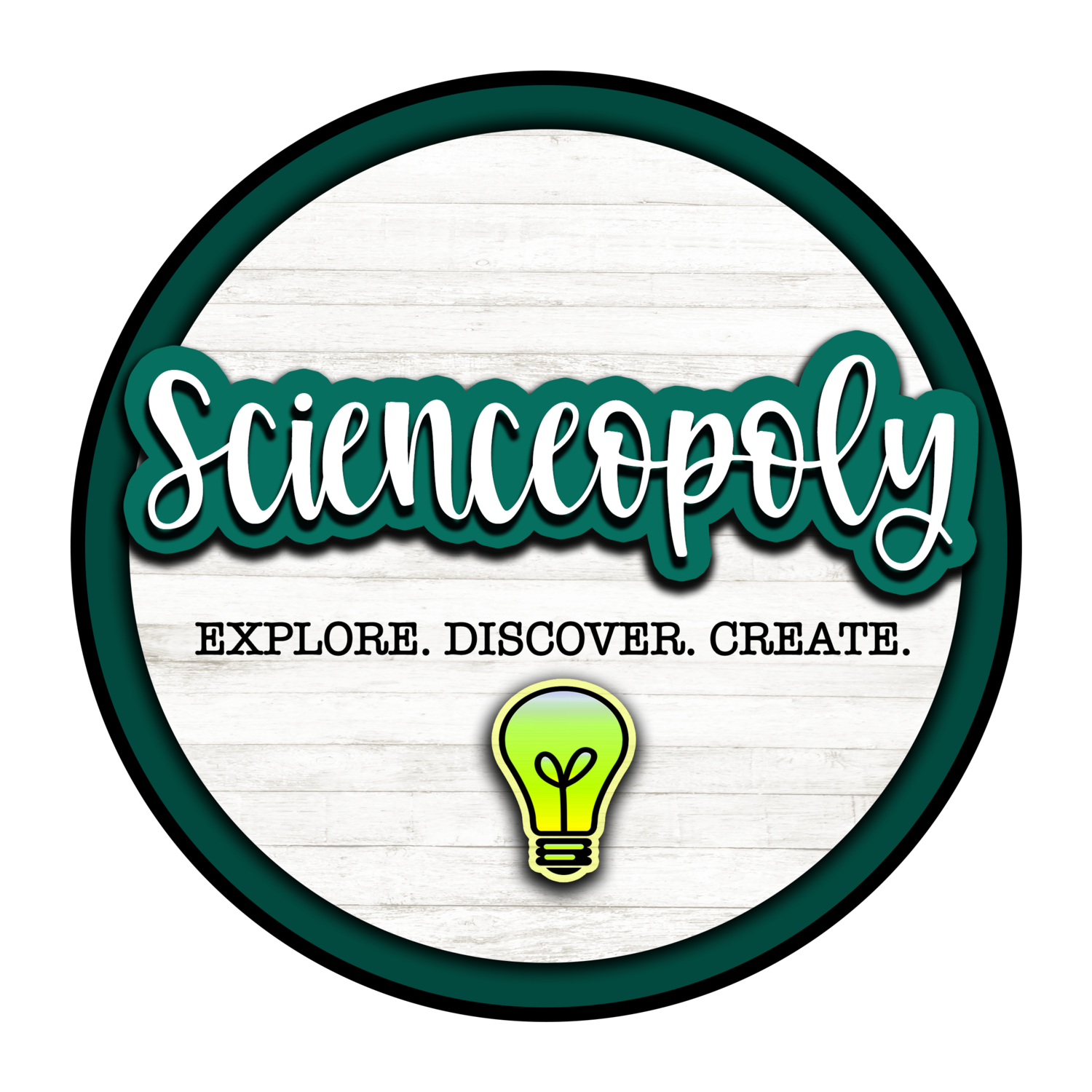Book Review - "Space Case" by Stuart Gibbs and a study of the solar system
In my current position, I teach 5th grade at a school where the focus is to drive the curriculum through the lens of the Next Generation Science Standards (NGSS). Honestly, it’s a dream job and I work with a great team (taking a moment to count my blessings…). One of our greatest challenges, however, (and our ultimate goal) is to develop thematic units that are based on the NGSS and adequately cover all other standards in a relatable way. Obviously, this won’t always happen, but we’ve made a good go at it none-the-less. One of the things that bothered me when I joined the team, however, was the fictional literature tie-ins that were being utilized. At the time, we had one fantastic novel that synced beautifully with our curriculum (Flush by Carl Hiaasen) and another that only sort of fit (Island of the Blue Dolphins by Scott O’Dell). I mean, don’t get me wrong, I love the novel, but it was a stretch to say it tied in to any of our 5th grade science curriculum.
Well, over Thanksgiving break I was doing my usual wonder through the library (the one where I check out way too many books… my eyes are bigger than my brain, and my break, apparently). I was in the children’s section, hoping to spot some new literature that might interested my students who don’t particularly like reading, when all the sudden the book Space Case by Stuart Gibbs caught my eye. I had no idea what I might be in for but I decided to go ahead and judge the book by it’s cover… I nabbed it and added it to my extensive pile.
It took me less than a day to read (which says more about the book than my reading speed).
Space Case is a fast-paced mystery about 12-year old Dashiell Gibson and his life as one of the first humans to live on the moon. In this futuristic novel, NASA has developed an outpost on the moon, host to scientists and their families. While the prospect of being amongst the first humans to live on the moon may seem intriguing, Dashiell informs us that it most definitely is not all it’s cracked up to be… until the first ever murder on the moon occurs and Dashiell finds himself smack in the middle of the investigation.
Dashiell’s 12-year-old perspective of life on the moon is both humorous and honest. Gibbs did a fantastic job weaving in the science we might not think about (such as visiting the toilet in a low gravity environment) with the raw honesty of a child narrator. Additionally, the plot carries twists and intrigue suitable for young readers, giving them an opportunity to use deductive reasoning skills as they attempt to solve the mystery of the murder alongside Dashiell.
Not only is this a great literary piece for young readers, it also captures quite nicely several of the NGSS objectives we focus on in 5th grade, specifically the effects of gravitational force as well as the effects of Earth’s atmosphere. While reading this book, we have the opportunity to discuss the reasons why gravity would be different on different celestial bodies and how different levels of gravitational force might affect us humans. The book also touches on the effects of living without an atmosphere, leading us back to Earth’s own atmosphere and what significance it has on our lives. We can also delve into topics such as what resources are required to support life and what would be required to make another planet our home.
Each year, as part of our solar system unit, I ask my students to write a fictional narrative imagining that they have been chosen to colonize another planet. In the writing piece they reflect on the science we have learned while creatively developing a short story. Stuart Gibbs’s novel, Space Case, is a wonderful literary model of that assignment. I highly recommend this novel as a literature tie-in for anyone teaching about the solar system.
